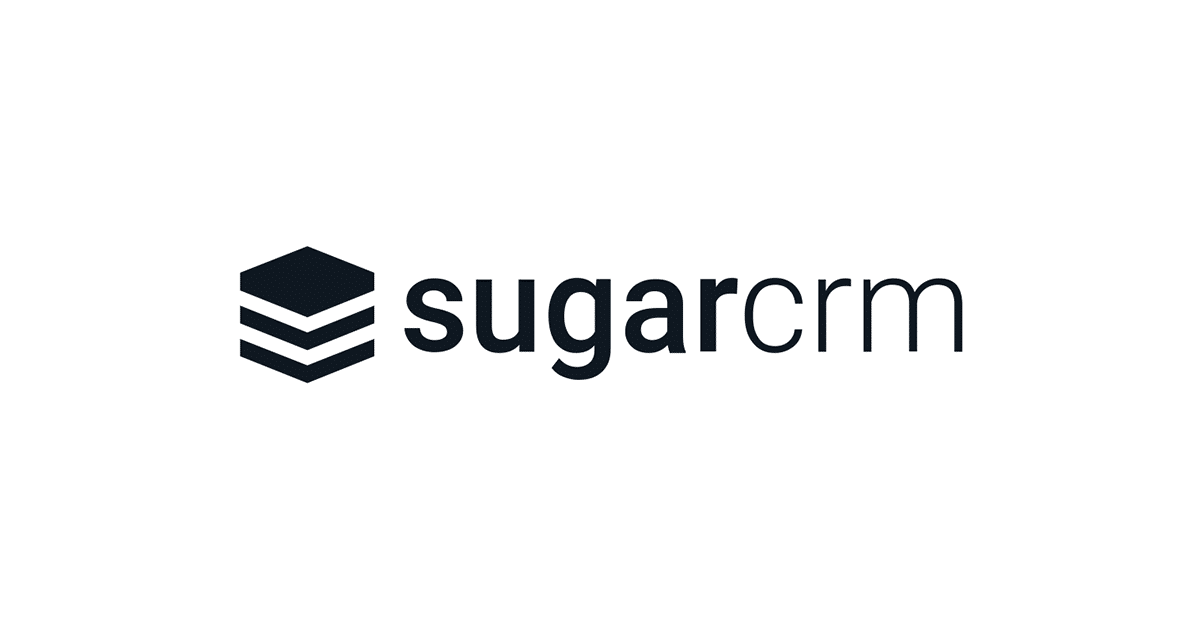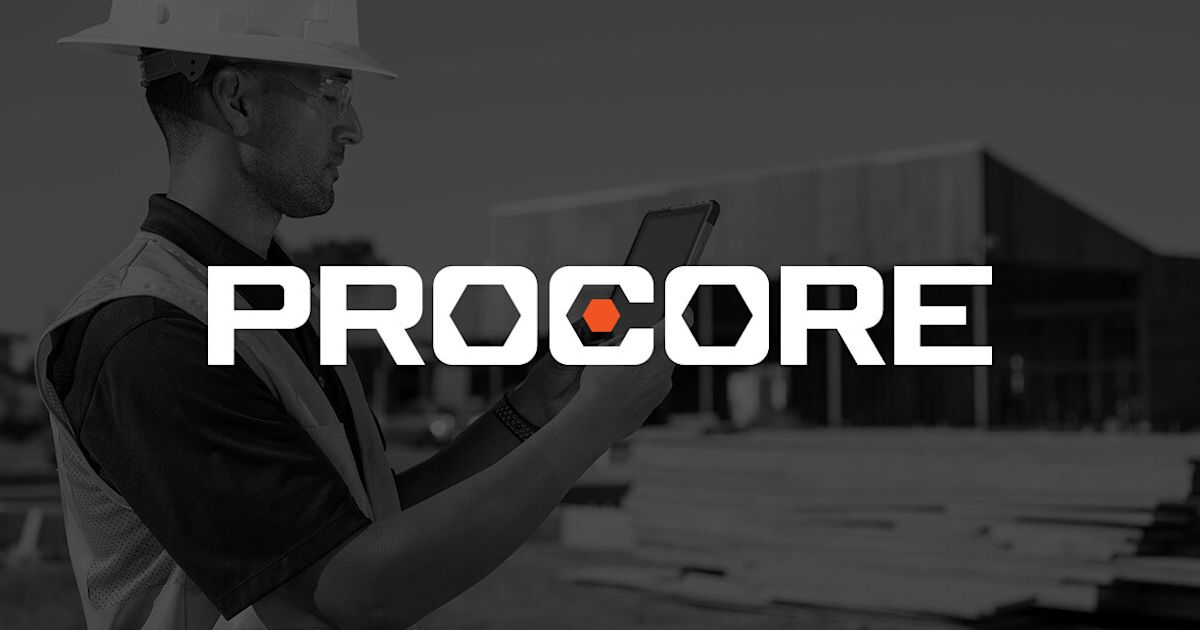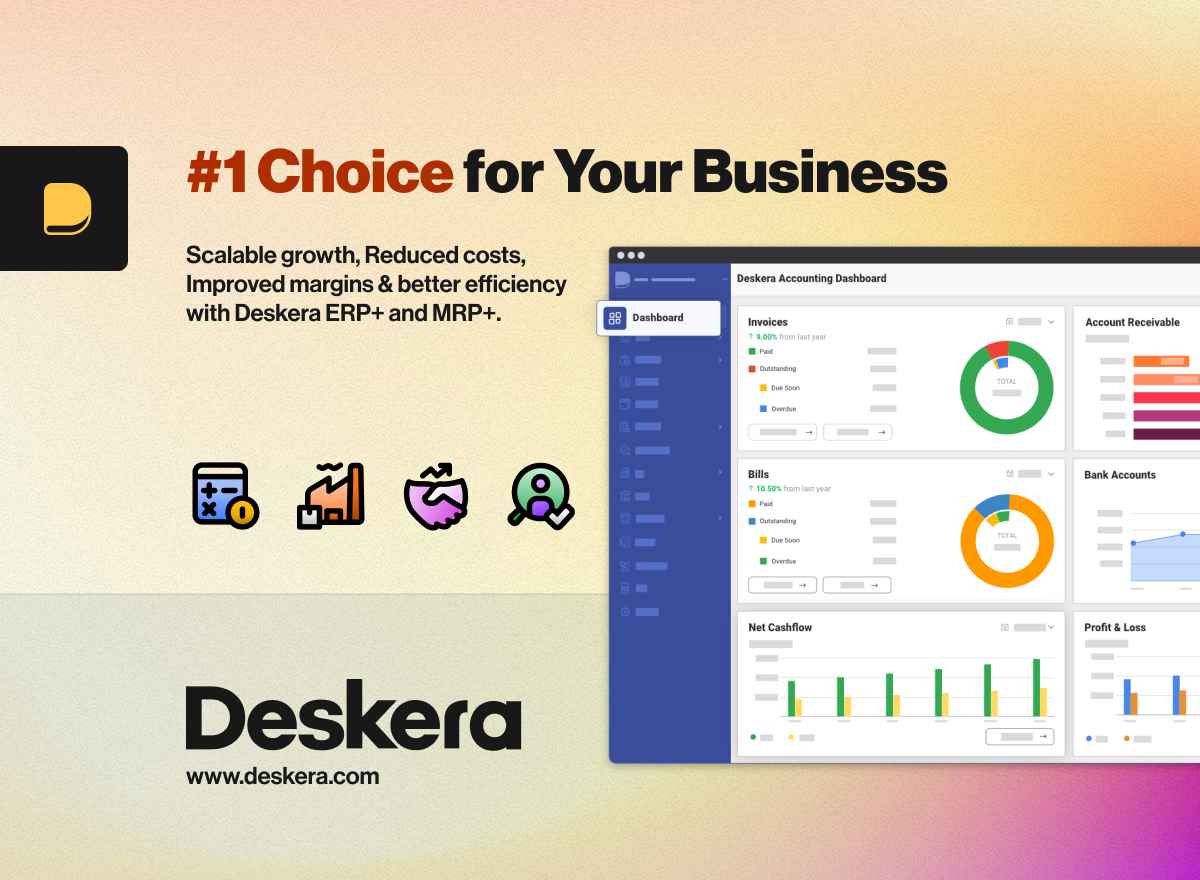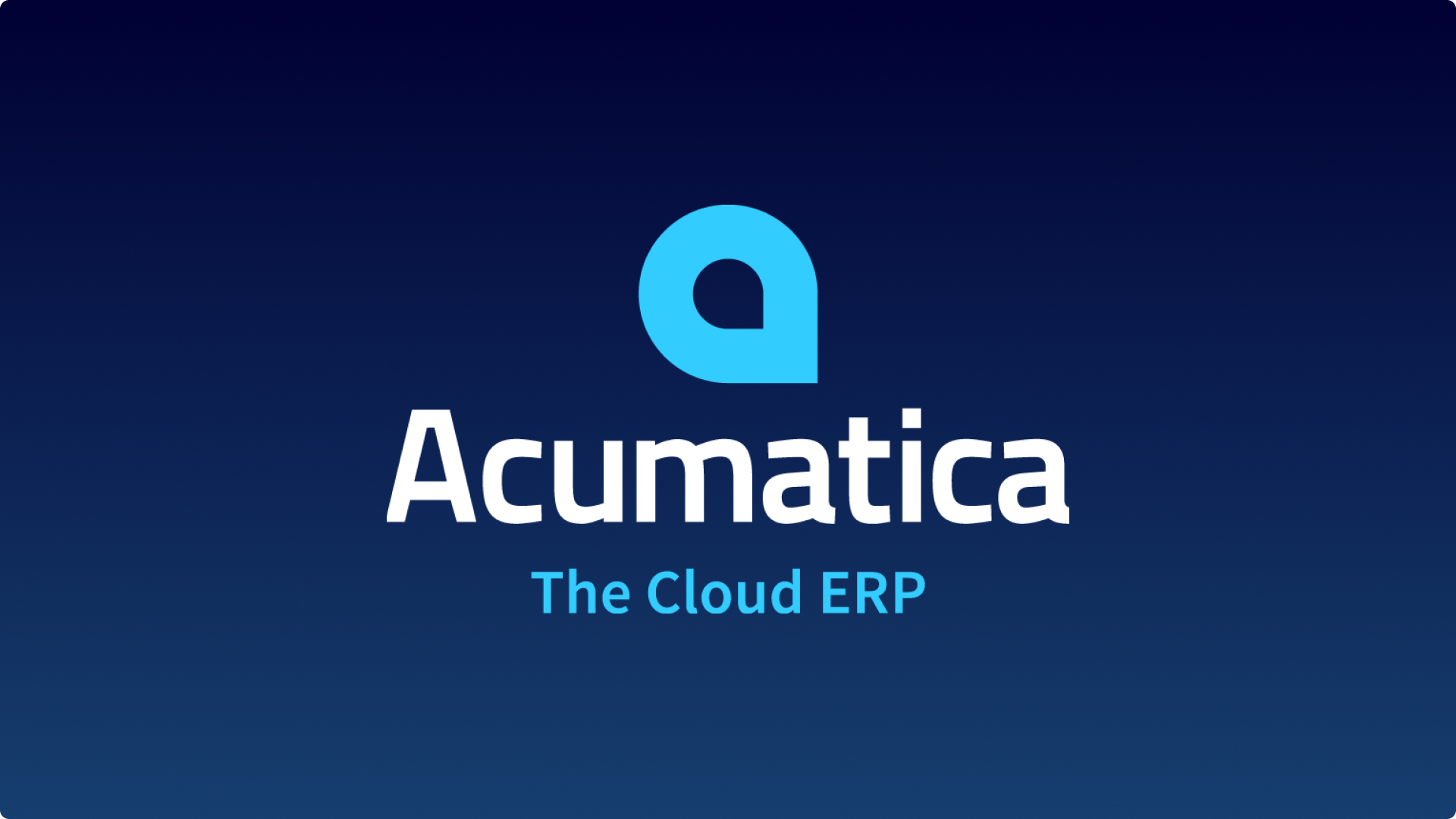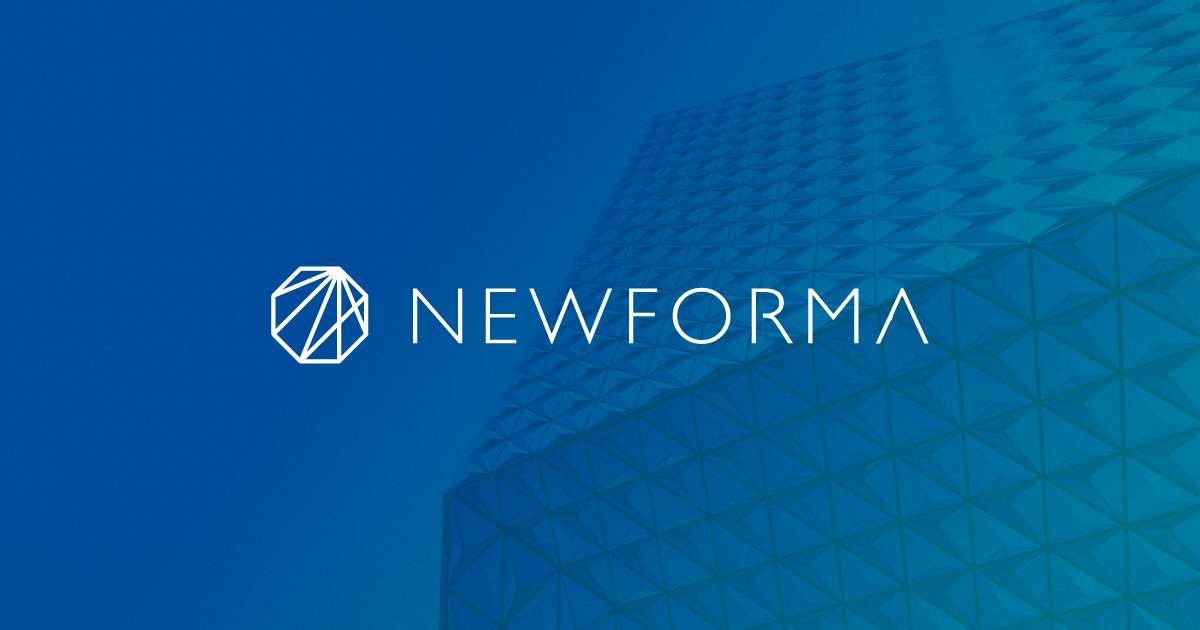Introduction
Choosing construction ERP software is an important decision for any contractor. An effective software solution can help streamline operations, improve team collaboration, and drive business success. However, with so many options on the market, it can be difficult to identify the best fit. This guide evaluates the top 15 construction ERP platforms based on key criteria to help you make an informed selection.
Methods of Evaluation
We evaluated each software based on features, pricing, ease of use, integration capabilities, customer support and reviews. Additional factors like number of construction-specific functions, mobile accessibility, and analytics/reporting were also considered. Vendor reputation, platform stability/uptime, and number of existing customers were used to assess reliability and scalability. Finally, online visibility metrics like backlinks, traffic and keyword trends were analyzed to gauge how each software ranks for discoverability and popularity in the construction space.
1. Trimble Construction Software
Trimble Construction Software provides construction ERP software that helps construction companies streamline field and back office operations. Their integrated construction management platform offers collaborative project management, robust equipment management, and powerful analytics and reporting capabilities.
Pros: Some key advantages of Trimble Construction Software include:
– Integrates field and back-office workflows for increased collaboration and visibility
– Robust equipment management tools to track fleet utilization and maintenance
– Powerful analytics and reporting to gain insights into project performance and profitability
Cons: A potential disadvantage is the upfront investment required to implement the construction ERP software since it is an enterprise-level solution.
Pricing: Trimble Construction Software pricing varies based on the number of users and modules implemented. Contact a sales representative for a customized quote.
Some key stats about Trimble Construction Software include:
– Used by over 500,000 users worldwide
– Over 30 years of experience in construction technology
– Integrations with 200+ equipment manufacturers
2. SugarCRM
SugarCRM is a leading CRM software that provides a comprehensive platform tailored to meet the unique needs of construction companies. Founded in 2004, SugarCRM helps over 4 million users deepen relationships and create value through customer, marketing, sales, and support experiences. With powerful yet flexible tools, SugarCRM gives construction firms the ability to manage complex projects and customer relationships.
Pros: Some key advantages of SugarCRM for construction companies include:
– CRM platform tailored for construction needs such as project management, estimating, and billing
– Highly customizable platform that can be configured to fit any construction workflow
– Strong CRM capabilities like contact management, project tracking, document storage, and reporting
Cons: One potential disadvantage is a steeper learning curve compared to basic CRM platforms since SugarCRM offers more customization options and flexibility.
Pricing: SugarCRM offers flexible pricing plans including:
– Professional Edition starting at $50/user per month
– Enterprise Edition starting at $150/user per month
– Custom plans also available for large enterprises
Some key stats about SugarCRM include:
– Used by over 4 million users worldwide
– Over 20 years of industry experience providing CRM solutions
– Integrates with over 250 apps including Microsoft, Salesforce, and Google
– 99.5% uptime service level agreement
3. Procore
Procore is a leading construction management software used by over 1 million users in over 125 countries. Founded in 2002, Procore is based in Carpinteria, California and helps construction professionals manage projects, resources and documentation.
Pros: Some key advantages of Procore include:
– Intuitive platform for contractors, subcontractors, owners and architects to collaborate in real-time
– Strong document management capabilities to store, share and approve plans, specs and other documents
– Good for collaboration between project teams both in the office and out in the field with mobile apps
Cons: A potential disadvantage is the pricing, as Procore can be more expensive than some other construction management software options. However, it offers a lot of functionality that many consider worth the higher cost.
Pricing: Procore offers various pricing plans depending on business needs. The basic plan starts at $75/user/month and offers standard features. For larger or more complex projects, enterprise plans with additional features are available and pricing is customized to business needs.
Some key stats about Procore include:
– Used on over $1 trillion worth of construction projects
– Over 1 million users worldwide
– Customers include large brands like Gilbane, Webcor, and PCL Construction
– Integrates with over 300 partners and applications
4. Epicor Construction Suite
Epicor Construction Suite is a cloud-based construction ERP software solution developed by Epicor. As one of the leading construction ERP software providers, Epicor Construction Suite offers a fully integrated system to manage all aspects of a construction business from a single platform.
Pros: Key advantages of Epicor Construction Suite include:
– Fully integrated ERP solution that eliminates the need for multiple systems
– Robust project management workflows to track schedules, budgets, RFIs and change orders
– Strong solution for larger contractors with complex projects and operations
Cons: A potential disadvantage is the upfront investment required for a robust enterprise solution like Epicor Construction Suite which may not be suitable for smaller contractors with limited budgets.
Pricing: Pricing for Epicor Construction Suite is not publically listed but is typically sold as a SaaS subscription based on number of users and modules. Implementation, customization and support services are also additional costs.
Some key stats about Epicor Construction Suite include:
– Used by over 18,000 construction companies globally
– Over 30 years of experience developing construction-specific software
– Integrates project management, accounting, CRM and more
5. Viewpoint
Viewpoint is a leading construction management software developed by Trimble. In business for over 30 years, Viewpoint provides a full construction ERP solution that supports all phases of construction – from pre-construction to closeout. With nearly 8,000 construction companies worldwide relying on Viewpoint, it is one of the top construction software options on the market.
Pros: Key advantages of Viewpoint include:
– Full construction ERP solution that supports all business functions and phases of construction in a single platform
– Intuitive and easy to use interface making it simple for project managers, field staff and more to do their jobs
– Powerful business intelligence and reporting tools to help analyze project performance and business metrics
Cons: One potential disadvantage is the upfront cost may be higher than some other construction software options since it provides a full ERP solution rather than focusing on just one area like project management or accounting.
Pricing: Viewpoint offers flexible pricing models including perpetual licenses and SaaS/subscription packages. Pricing will vary depending on the number of users, modules and customization/implementation needs. Viewpoint recommends contacting a sales representative for a custom quote.
Some key stats about Viewpoint include:
– Supports over 8,000 construction companies worldwide
– Provides functionality for accounting, project management, field management and more in a single platform
– Over 30 years in business providing construction software solutions
6. Deskera
Deskera is an all-in-one cloud ERP software designed to meet the needs of small and medium businesses. Founded in 2004, Deskera ERP aims to simplify business processes and provide insights through an integrated platform.
Pros: Some key advantages of Deskera include:
– All-in-one solution to manage accounting, inventory, CRM, payroll and other business functions from a single platform.
– Focus on small business needs through an intuitive interface and streamlined workflows.
– Integrated modules help share data across business units for better visibility and decisions.
Cons: One potential disadvantage is that as an all-in-one solution, some modules may not be as deeply featured when compared to specialized single-function software.
Pricing: Deskera offers flexible pricing plans starting from Rs. 2,000 per month based on the number of active users and modules required. They also offer a free 30-day trial to explore the platform.
Some key stats about Deskera include:
– Over 15 years of experience catering to SMB needs
– Used by over 25,000+ businesses worldwide
– Integrates accounting, inventory, CRM, HR and more
7. Acumatica Construction Edition
Acumatica Construction Edition is a cloud-based ERP software designed specifically for contractors. It helps construction companies manage projects, accounting, resources and more on one integrated platform. Acumatica has been developing ERP solutions for over 20 years and their construction edition brings that experience to the AEC industry.
Pros: Some key advantages of Acumatica Construction Edition include:
– Cloud-based for easy access from anywhere
– Customizable to grow with your evolving business needs
– Integrated project management, accounting, payroll and CRM
– Real-time visibility and reporting across operations
Cons: One potential disadvantage is the cost may be higher than some other construction-specific software for smaller contractors. Pricing is based on number of users and modules needed.
Pricing: Acumatica offers flexible pricing plans starting at $100 per user per month. Additional fees apply for integrated third party applications and services. Discounted rates are available for annual commitments. They also offer a free 30-day trial to test the full functionality.
Some key stats about Acumatica Construction Edition include:
– Used by over 18,000 companies worldwide
– specially designed UIs for contractors, subcontractors, owners/developers
– Integrates with 200+ third party applications like bluebeam, procore and autodesk
– Mobile apps available for iOS and Android
8. Buildertrend
Buildertrend is a comprehensive construction ERP software designed to manage all aspects of residential and commercial construction projects. Founded in 2005 and headquartered in Denver, Colorado, Buildertrend serves thousands of construction companies in North America.
Pros: Some key advantages of using Buildertrend include:
– Feature-rich for general contractors to handle projects, finances, quoting, and more
– Good mobile functionality through native iOS and Android apps
– Integrates seamlessly with popular accounting software like QuickBooks, Sage 50, and Xero
– Intuitive dashboard and reports for monitoring project health and key metrics
Cons: One potential disadvantage is the monthly subscription pricing which requires an ongoing commitment compared to one-time license fees of some competitors.
Pricing: Buildertrend offers four pricing tiers based on the number of users:
– Essentials: $99/user/month for up to 5 users
– Pro: $79/user/month for 6-20 users
– Elite: $69/user/month for 21-50 users
– Ultimate: Custom pricing for over 50 users
Some key stats about Buildertrend include:
– Used by over 6,000 construction companies
– Manages over $25 billion in annual construction volume
– Features over 150 integrated apps and addons
– Supported on iOS and Android devices
9. Newforma Project Center
Newforma Project Center is a leading construction project management and collaboration software developed by Newforma. In business for over 30 years, Newforma Project Center helps construction teams efficiently manage documentation, communicate critical project information, and streamline processes from pre-construction to closeout.
Pros: Some key advantages of Newforma Project Center include:
– Powerful document management and version control capabilities to simplify filing and finding documents
– Effective project collaboration features like discussion threads, tagging, activity streams and notifications
– Flexible workflows and automation to streamline common project processes
– Robust reporting and analytics to provide visibility into project performance and productivity
Cons: One potential disadvantage is the learning curve required to fully leverage the more advanced features and functionality of Newforma Project Center. While the basics are straightforward, there can be a learning period to optimize use of the system.
Pricing: Pricing for Newforma Project Center varies based on team size and modules selected. Starting pricing is around $50 per user per month for basic project management and collaboration capabilities.
Some key stats about Newforma Project Center include:
– Used on over 150,000 projects worldwide
– Supports teams of all sizes from small residential projects to large commercial projects with thousands of documents
– Integrates with over 40 accounting and project management applications
10. RedTeam
RedTeam is a construction ERP software designed specifically for trade contractors and specialty contractors. In business for over 15 years, RedTeam helps thousands of contractors successfully manage their projects, finances, and business operations. Their solutions integrate all facets of a contractor’s business on one platform for complete visibility and control.
Pros: Key advantages of RedTeam include:
– Estimating tools focused on specialty trades needs
– Strong project management and tracking capabilities
– Highly customizable to meet unique needs of trade contractors
– Integrated accounting and financial management
– Mobile apps for anytime access to data in the field
Cons: Potential disadvantages could include:
– Higher costs compared to some other similar solutions
– Learning curve for contractors used to paper-based systems
Pricing: RedTeam offers flexible pricing plans tailored for contractors of all sizes. Basic plans start at $75/user/month for essential estimating, bidding, and project management. Premium plans with unlimited users are $150/user/month and include additional advanced features like equipment tracking and integrated accounting.
Some key stats about RedTeam include:
– Used by over 5,000 contractors globally
– 15+ years in business
– Wins numerous awards for best construction software
– Integrates with 200+ other solutions like QuickBooks, Procore, and Sage 100
– Hosted locally or in the cloud
11. e-Builder
e-Builder is comprehensive construction project management software created for general contractors. The company was founded in 2004 and is headquartered in Austin, Texas. e-Builder aims to empower capital project owners and contractors to increase efficiency, save money, and support projects throughout their entire lifecycle.
Pros: Some key advantages of e-Builder include its comprehensive solution for general contractors, robust project management functionality, and strong document management features. It allows remote collaboration for all project stakeholders and features integrated scheduling, estimating, submittals, and more to streamline processes.
Cons: A potential disadvantage is that the project setup and implementation requires additional time and technical resources compared to simpler solutions.
Pricing: e-Builder offers flexible pricing models including annual subscription plans starting at $99 per user per month for basic functionality. Additional modules, services, and enterprise-level plans with customized pricing are also available.
Some key stats about e-Builder include: used on over $150 billion worth of projects, 400,000+ users, installed at over 1,000 construction firms, and proven to reduce RFIs by up to 50% and costs by up to 15% on projects.
12. CMiC
CMiC is a construction management software company that has been providing construction ERP solutions for over 35 years. With roots in construction accounting, CMiC has expanded their platform to provide a fully integrated job management solution addressing the entire construction process from pre-construction through closeout.
Pros: Some key advantages of CMiC construction ERP software include: it is highly specialized for general contractors which means the software reflects the unique processes of general contractors; it integrates strongly with popular accounting packages like Sage Intacct, QuickBooks, and others to streamline financial management; and it provides powerful analytics and reporting tools to help construction firms make more informed strategic decisions.
Cons: A potential disadvantage is the upfront investment required to implement the fully-featured CMiC platform which may not be feasible for smaller construction businesses with limited IT budgets.
Pricing: CMiC offers flexible pricing models including perpetual licenses and SaaS/subscription options. Implementation, customization and training services are also available from CMiC and their large nationwide partner network. Contact a CMiC representative for a custom quote based on your firm’s unique needs and goals.
Some key stats about CMiC include: they serve over 5,000 construction customers, process over $150 billion in construction volume annually through their platform, and have over 35 years of experience developing construction management software.
13. Constructor.io
Constructor.io is a construction project management software that aims to streamline operations and improve collaboration for construction companies. Founded in 2013 and based in San Francisco, Constructor provides an all-in-one platform to manage projects, track schedules, document issues, and share files.
Pros: Some key advantages of Constructor include:
– Intuitive project management software that is easy for project managers, owners, and field teams to use
– Mobile accessibility allows field teams to update progress, log issues, and share photos from job sites
– Competitive pricing plans for small businesses and contractors starting projects
Cons: One potential disadvantage is that the software may not be as fully-featured as some of the higher-end or more expensive construction management software options on the market.
Pricing: Constructor offers the following paid tiers:
– Basic Plan: $29/month per project
– Pro Plan: $99/month per project
– Premier Plan: $149/month per project
All plans include basic features like scheduling, budgeting, documentation. Higher tiers provide additional functionality for larger teams and more complex projects.
Some key stats about Constructor include:
– Used by over 5,000 construction companies worldwide
– Supports over 100,000 active projects
– Accessible via mobile apps for iOS and Android for real-time updates from the field
– Integrates with over 50+ third party applications like Asana, QuickBooks, and Google Drive.
14. Rootstock
Rootstock is a construction ERP software built on the Salesforce platform. Rootstock provides a comprehensive and scalable construction management software solution to help contractors grow their business. Some key features include project management, accounting, material management, payroll and more to manage every aspect of construction projects.
Pros: Rootstock offers several advantages for construction project management including scalable solution for construction ERP, powerful project management features to track schedules, costs and resources across multiple projects simultaneously and support for global and complex construction projects with flexibility to work across countries and regions.
Cons: As a cloud-based solution, Rootstock requires an internet connection to access the software. This could be an issue for some field workers. However, most functionality is available offline on mobile devices with sync when back online.
Pricing: Rootstock pricing starts at $125 per user per month for the basic plan and scales up based on the number of users and required functionality. It offers both monthly and annual subscription options. Additional services like implementation, training and support are also available for an extra fee.
Rootstock currently supports over 500 customers in industries like manufacturing, distribution and construction. It offers a fully configurable platform to support complex global operations. On average customers see over 20% increase in productivity after implementing Rootstock.
15. Activant
Activant is a leading provider of construction ERP software. Founded in 1990, Activant has built their solution specifically for construction and contracting businesses to help manage projects, finances, and operations. Their software is a cloud-based platform designed to manage all aspects of front office and back office functions for construction firms.
Pros: Key advantages of Activant construction ERP software include being a long-standing leader in the construction ERP space, having robust accounting and operational modules, and supporting global and mega projects with complex requirements.
Cons: As an older established software, the user interface may not be as modern as some newer solutions. Customization capabilities are also more limited compared to some competitors.
Pricing: Pricing for Activant construction ERP software is not publicly disclosed but is typically sold as a monthly subscription based on number of users and modules. Implementation and setup fees also apply depending on the scope of the project.
Some key stats about Activant construction ERP software include: used by over 5,000 construction companies worldwide, supports projects up to $5 billion in contract value, integrated with 200+ specialized applications, and designed for companies with $10 million to $500 million+ in annual revenues.
Conclusion
With a wide range of robust features and a demonstrable track record of success, the top construction ERP options will certainly help drive efficiencies, cost savings and competitive advantages. Reviewing each platform’s strengths closely based on your unique business needs will help you choose the best long-term partner for your growth objectives. With the right software investment, you can empower your teams with real-time insights, minimize risks and maximize profits on every jobsite.




